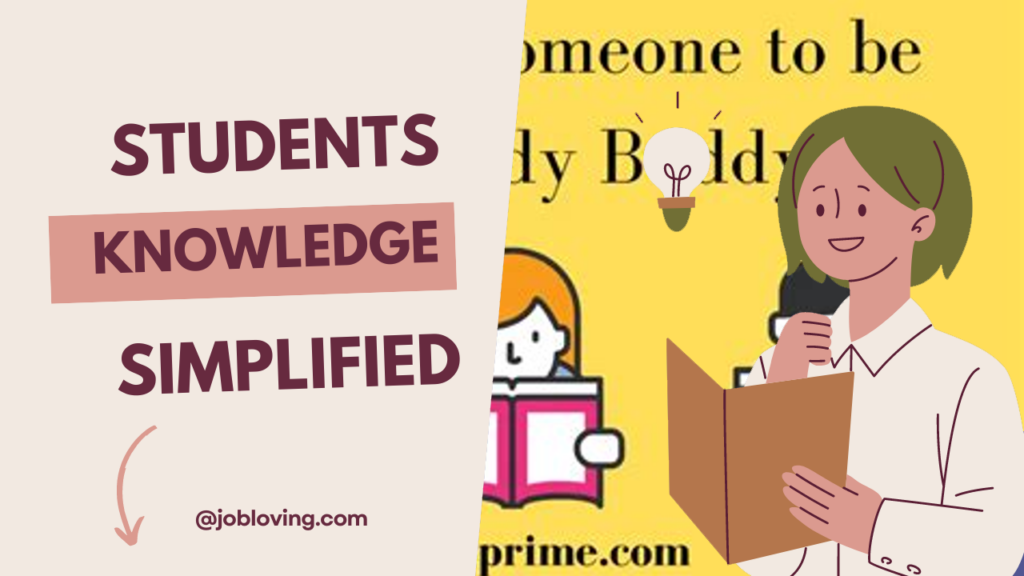Curious about how to strike up a conversation with someone about their academic interests? It’s easier than you think! Try leading with a friendly, casual inquiry like “So what do you study?” This approach feels open and inviting, encouraging the other person to share their educational journey. For a more specific touch, you might ask, “What’s your major?” or “What’s your subject?” Both are commonly used, but they subtly hint at the type of information you’re after.
Understanding the nuances behind these questions is crucial! When you ask, “What are you studying?” it implies what’s currently on their plate, while “What do you study?” casts a wider net, suggesting you want to know about their broader interests. This linguistic trick can inspire different responses, creating rich opportunities for conversation.
Let’s talk context. Whether at a family reunion, a networking event, or a casual coffee meetup with new friends, talking about studies often emerges as a go-to topic. People want to know what sparks passion and drives ambition. Most responses will vary from detailed subjects to more general areas of interest. And keep in mind that the phrasing of your question can reveal just how familiar you are with their field, reflecting your level of engagement with the student’s academic life.
Now, be mindful of the environment. The setting can shape how your offerings are received. In a relaxed atmosphere, a simple “What are you studying?” leads to exciting dialogues about future career paths and personal interests, while in a formal scenario, a more tailored question based on the situation can enhance comfort levels and relevance.
Students, especially, might adjust their answers depending on their relationship with you. A close friend may divulge more about their educational experiences than an acquaintance. Similarly, an open-ended query invites expansive sharing without putting anyone on the spot. Pair your question with genuine curiosity; this encourages deeper responses, opening the door to discussions about academic achievements and potential career aspirations.
However, exercise a bit of caution. Not everyone is at ease discussing their academic pursuits—be aware that some individuals may have had tough experiences related to education, which could make them hesitant to engage. It’s essential to approach these queries with sensitivity. A casual tone can invite openness, while thoughtful phrasing can demonstrate respect for their experiences.
Lastly, don’t shy away from digging deeper! Following up with specific and related questions shows you’re genuinely interested and invested in the conversation. Awareness of various educational perspectives around the globe can also guide how you frame your questions.
In sum, asking someone about their studies not only opens up an engaging dialogue but also has the potential to illuminate shared interests and pave the way for friendships. Whether you’re breaking the ice with new acquaintances or catching up with family, a simple question about their studies can lead to a vibrant exchange, deepening both understanding and connection. So, next time you find yourself in a conversation, don’t hesitate to ask, “What do you study?” You might be surprised by the wealth of inspiration and insight that follows!
How does the phrasing of a question about studies influence the response?
The phrasing of a question can significantly impact the depth and nature of the response. For instance, asking “What are you studying?” tends to invite a more immediate and specific answer about current coursework, while “What do you study?” encourages a broader discussion about interests and fields. This subtle difference can shape the conversation and reveal varying levels of engagement from the respondent.
In what ways can asking about someone’s studies enhance interpersonal relationships?
Inquiring about someone’s studies can foster deeper conversations, revealing personal interests and aspirations. This genuine curiosity can strengthen relationships by creating common ground and promoting mutual understanding. When individuals feel valued and understood, it enhances their connection with the asker.
Why is context important when asking about someone’s educational background?
Context plays a crucial role in determining how questions about education are framed and perceived. Different social settings, such as family gatherings or casual meet-ups, may influence the appropriateness of the question. Additionally, cultural and regional differences in educational systems can affect how individuals interpret and respond to inquiries about their studies.
What are the benefits of using open-ended questions when discussing education?
Open-ended questions encourage individuals to share their academic experiences freely, without feeling pressured or judged. This approach not only promotes a more engaging dialogue but also allows the respondent to articulate their interests and passions more fully. It can lead to richer discussions that uncover shared experiences and values.

